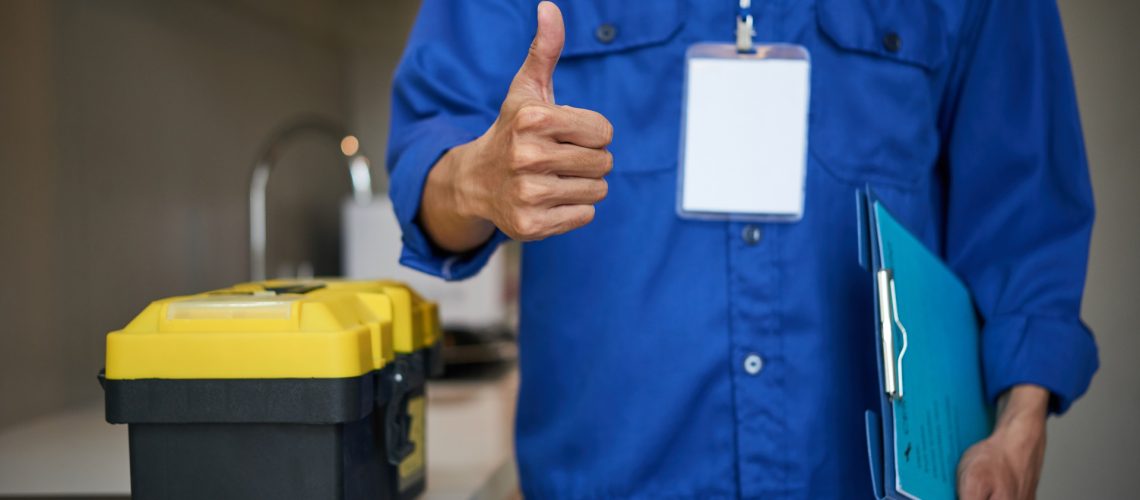
Exemplary Plumbing Inspections: Ensuring Quality and Reliability
Proper plumbing inspections are the cornerstone of a well-functioning and efficient plumbing system. Dive into the world of quality plumbing inspections and understand their significance in maintaining the integrity of your home or business.
The Importance of Regular Plumbing Inspections
Regular plumbing inspections are crucial for preventing potential issues before they escalate. A thorough inspection allows professionals to identify leaks, corrosion, and other problems that may not be immediately visible. By addressing these issues early on, you can avoid costly repairs and ensure the longevity of your plumbing system.
Ensuring Code Compliance and Safety
Quality plumbing inspections go beyond identifying visible issues; they also ensure that your plumbing system complies with local building codes and safety standards. Compliance is not only a legal requirement but also guarantees that your plumbing installation is safe and meets the necessary regulations, providing peace of mind for homeowners and businesses alike.
Identifying Hidden Leaks and Water Damage
One of the primary goals of plumbing inspections is to identify hidden leaks that may be causing water damage within your walls or under flooring. Undetected leaks can lead to mold growth, structural damage, and compromised indoor air quality. A meticulous inspection can pinpoint these issues, allowing for prompt repairs.
Assessing the Health of Water Heaters
Water heaters play a vital role in daily life, and their proper functioning is essential for comfort. During a plumbing inspection, professionals assess the health of water heaters, checking for sediment buildup, corrosion, and efficiency issues. This ensures that your water heater operates optimally and extends its lifespan.
Checking for Pipe Corrosion and Deterioration
Over time, pipes can corrode and deteriorate due to various factors such as age, water quality, and material used. Quality plumbing inspections involve a thorough examination of pipes to identify corrosion, rust, or deterioration. Addressing these issues early on can prevent leaks and water damage.
Evaluating Drainage Systems and Sewer Lines
A comprehensive plumbing inspection includes an evaluation of drainage systems and sewer lines. Professionals use advanced tools to inspect the condition of sewer lines, identify blockages, and ensure proper drainage. Addressing potential issues in these areas is essential to prevent backups and maintain a healthy plumbing system.
Utilizing Advanced Technology for Precision
Quality plumbing inspections leverage advanced technology for precision and accuracy. Tools such as video cameras and electronic leak detection devices allow plumbers to inspect pipes and identify issues without invasive measures. This not only saves time but also ensures a thorough examination of the entire plumbing system.
Providing Transparency with Detailed Reports
After completing a plumbing inspection, reputable professionals provide detailed reports to the property owner. These reports include findings, recommendations, and, if necessary, a plan for repairs or maintenance. This transparency allows homeowners and businesses to make informed decisions about the condition of their plumbing systems.
Preventive Measures for Long-Term Reliability
Plumbing inspections are not just about fixing existing issues; they also focus on preventive measures to enhance long-term reliability. By addressing potential problems early and implementing preventive measures, you can avoid emergencies and unexpected disruptions to your plumbing system.
Conclusion: Investing in the Health of Your Plumbing System
Investing in quality plumbing inspections is an investment in the health and reliability of your plumbing system. Whether you are a homeowner or a business owner, regular inspections ensure that your plumbing infrastructure operates efficiently, complies with regulations, and stands the test of time. For exemplary plumbing inspections, visit Quality Plumbing Inspections.


